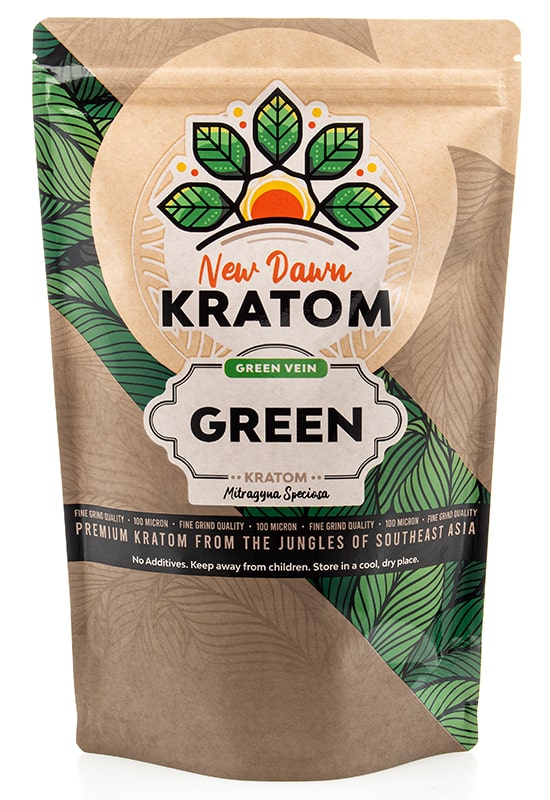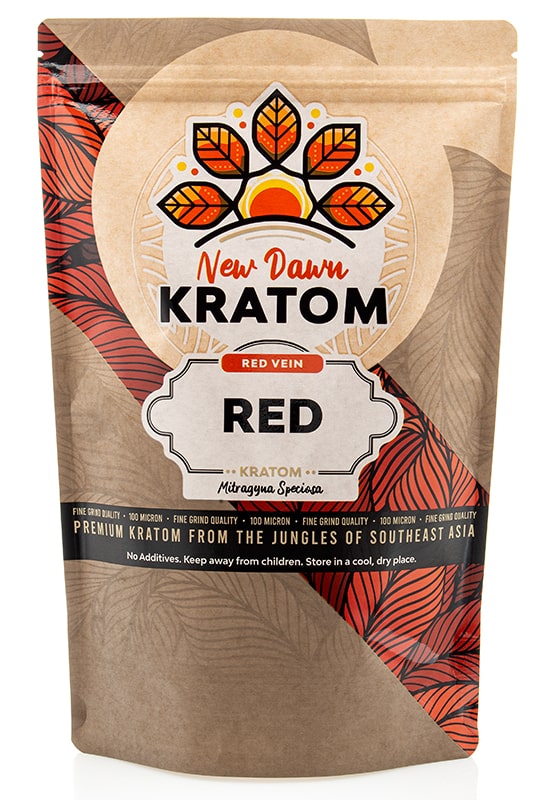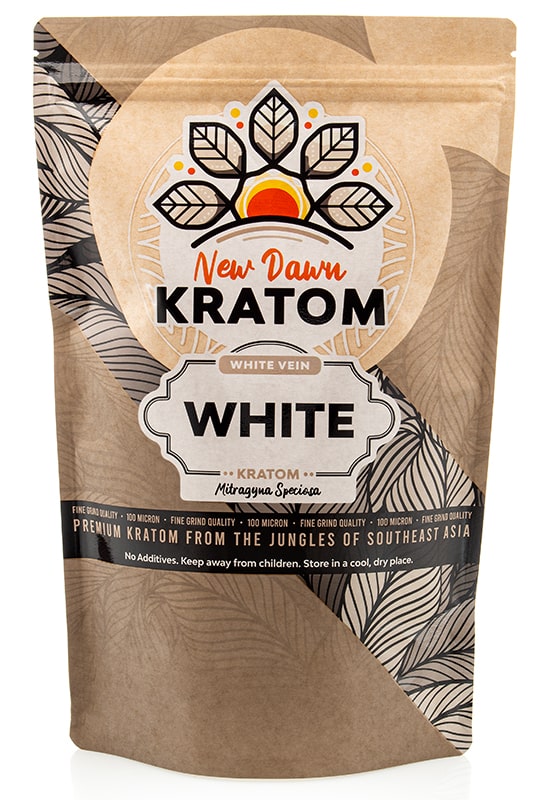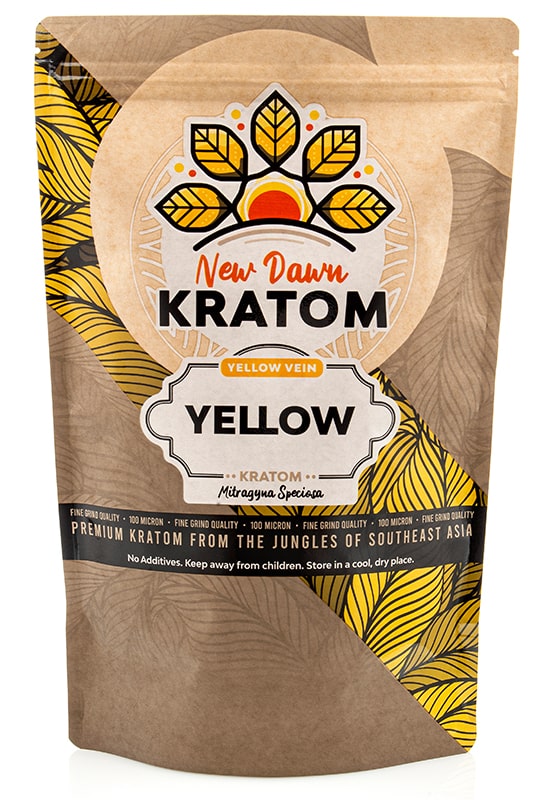In just a matter of a decade, kratom went from being a relatively unknown, exotic herb to a billion-dollar industry — $1.13 billion USD, to be exact. And with experts predicting exponential growth over the course of a few years, there’s no surprise that countless business buffs are looking to put their money into the kratom craze. The only question now is can you buy kratom stocks?
Anyone looking to funnel large sums of money into stocks should be careful to examine the market to determine whether they’d actually turn a profit. And while kratom might look promising on the surface, there are a number of reasons why you might want to take your hard-earned cash somewhere else.
Can Kratom Companies Be Listed Publicly?
Before you can even consider buying kratom stocks, it’s worth checking whether these companies can even participate in public trading. And the answer is no, they can’t. as of writing, it’s not possible to find any publicly listed kratom companies despite the fact that the industry is booming.
And while some of the larger kratom enterprises on the market might be ripe for listing, so to speak, there are some logical reasons why they still refuse to go for that initial public offering.
The Root of Kratom’s Unavailability on the Stock Market
To better understand why kratom companies still aren’t listing publicly, it’s important to take a look at what kratom is. Sourced from an exotic tree that’s local to Southeast Asia, kratom is shrouded in controversy because of its opiate-like effects that interact directly with opiate receptors in the brain.
Because of this, most governments are wary of kratom, worried about its potential health risks. So much so that more than 20 countries have banned kratom outright. In the United States, however, kratom remains federally legal despite some states and local governments labeling it illegal.
That said, kratom exists in legal uncertainty, with laws and regulations ever-changing. If a kratom company were to list itself publicly, the volatility of the laws surrounding kratom can cause unpredictable dips and changes in stock market values that could serious losses and force companies into closure.

What Happens When a Company is Publicly Listed?
Another important thing to consider is what it takes to list a company publicly. The phrase itself — ‘publicy listed’ — means that ventures who are available on the stock market have to give up privacy to a certain extent.
That means that shareholders get a say in how the company should be run and what direction it should take. Publicly listed companies also need to make sure that all shareholders are constantly updated on financial intricacies, which means subjecting their company to routine audits.
Of course, there’s nothing wrong with transparency, and kratom companies aren’t exactly trying to keep certain things under wraps. However, the issue with this is that kratom remains a controversial commodity for most people. Listing publicly means that these companies are placed under the direct scrutiny of entities that might not see kratom in a positive light, like the FDA and the DEA.
Will Kratom Companies Ever Be Available on the Stock Market?
Never say never. While it might not seem like such a possibility right now, it’s possible for kratom companies to still join the stock market in the future. Groups like the American Kratom Association are working hard to create a future where kratom can enjoy the same benefits and privileges as most of the other commodities in the world.
Of course, there’s a lot that must change before kratom companies can start listing. This includes radical changes to the quality control and lab testing for kratom products to guarantee clean, safe, and consistent kratom choices for buyers. There also needs to be specific regulations and rules in place to protect individuals at both ends of the transaction against scams and frauds.
Finally, banking institutions and financial product providers need to start seeing kratom in a new light. Sure, the present nature of the industry makes it tough not to categorize kratom as a high-risk market. But as laws change and the research surrounding kratom starts to grow sturdier, banks should start to feel more comfortable entering business relationships with kratom merchants.
But hey, we’re talking decades before we see the first kratom company publicly listed. So if you’re a kratom vendor hoping to get your hands on extra capital, you might want to consider private equity negotiations instead.

A Bright Future for Kratom Merchants
The first recorded use of kratom in the USA was dated 2010. Having only been a little over a decade since then, it’s reasonable that kratom still isn’t as widely accepted as most of its patronage would hope. Needless to say, this has affected its availability on the stock exchange. But with time and relentless advocating for the kratom cause, kratom stocks should be available for purchase within the next several years.




